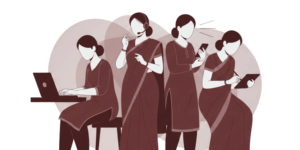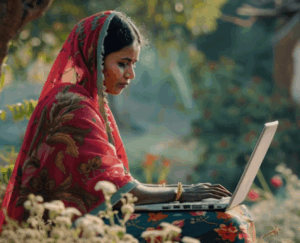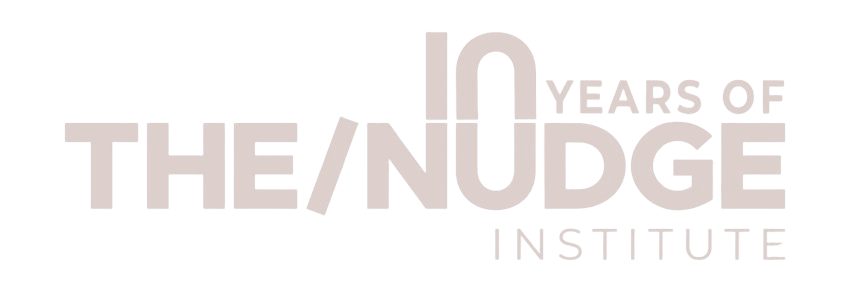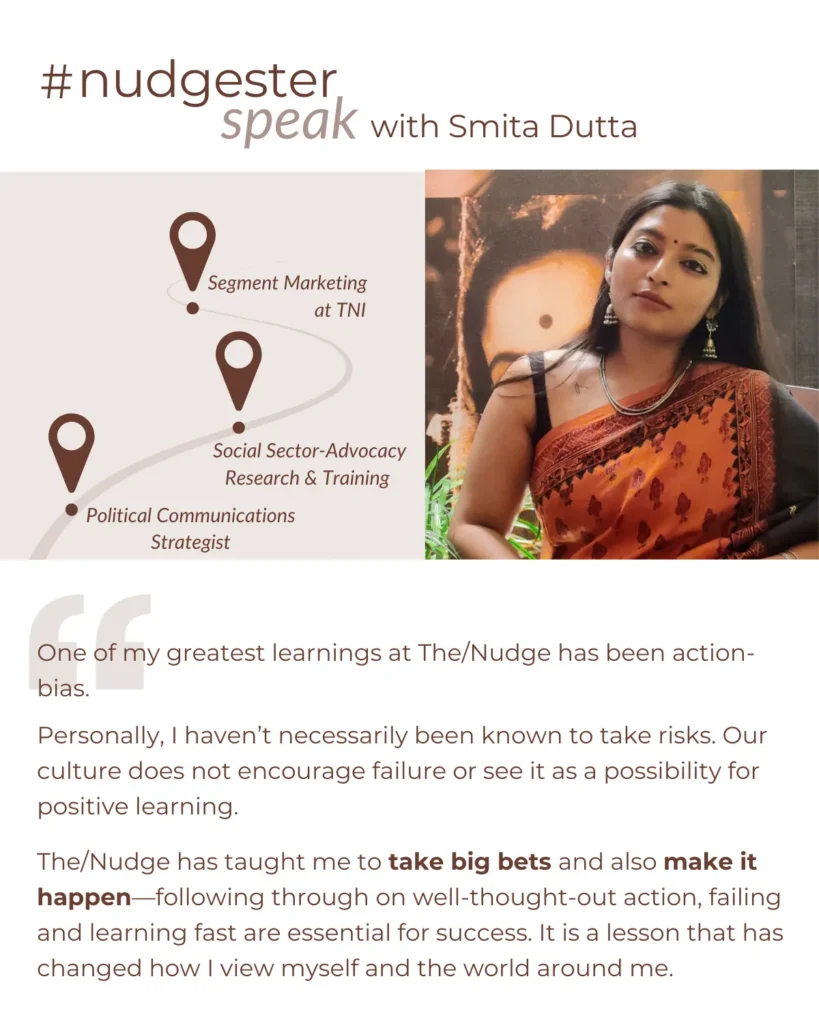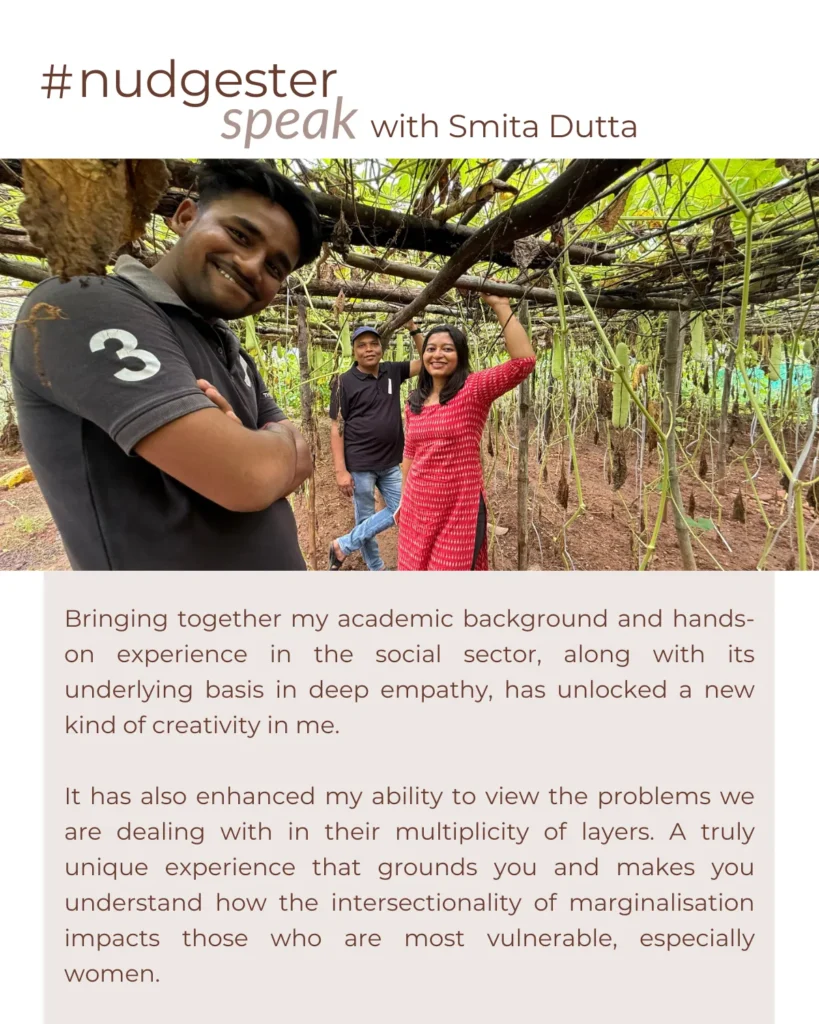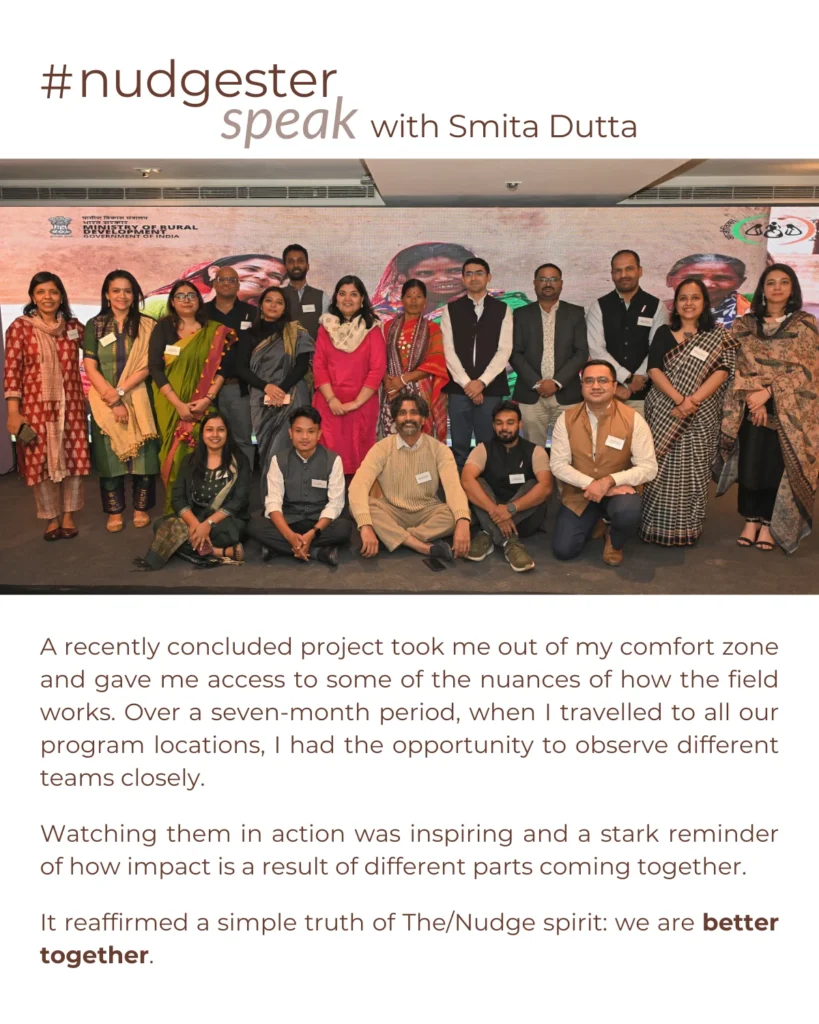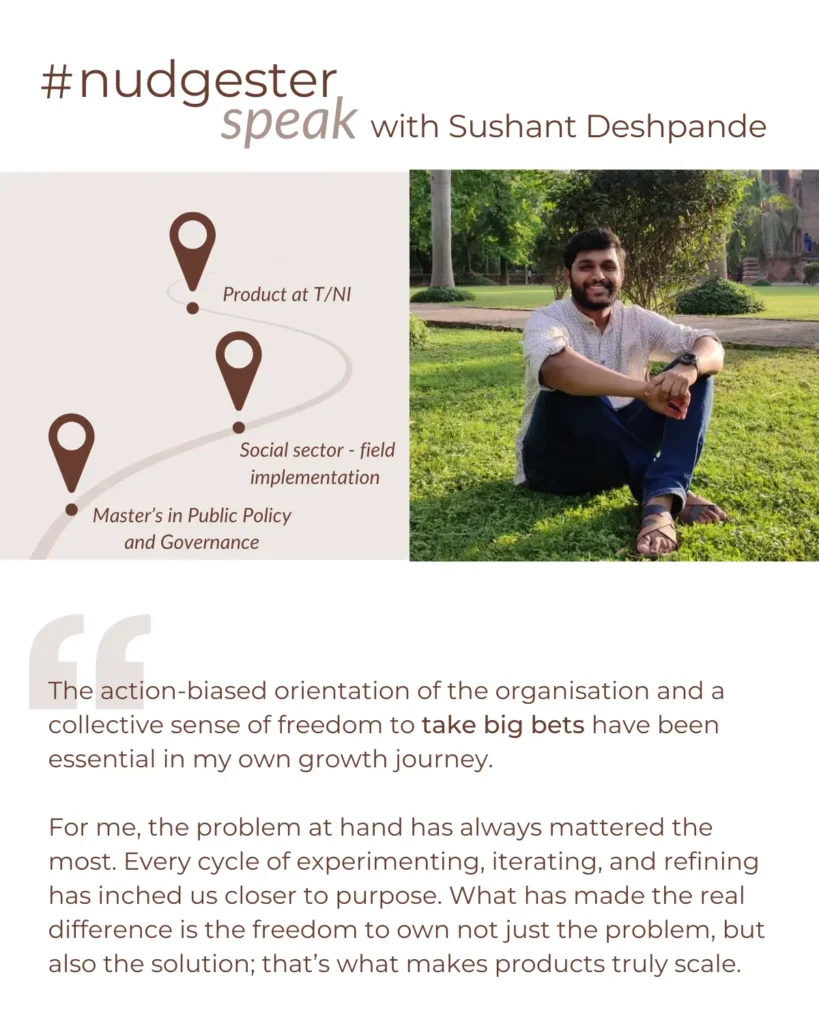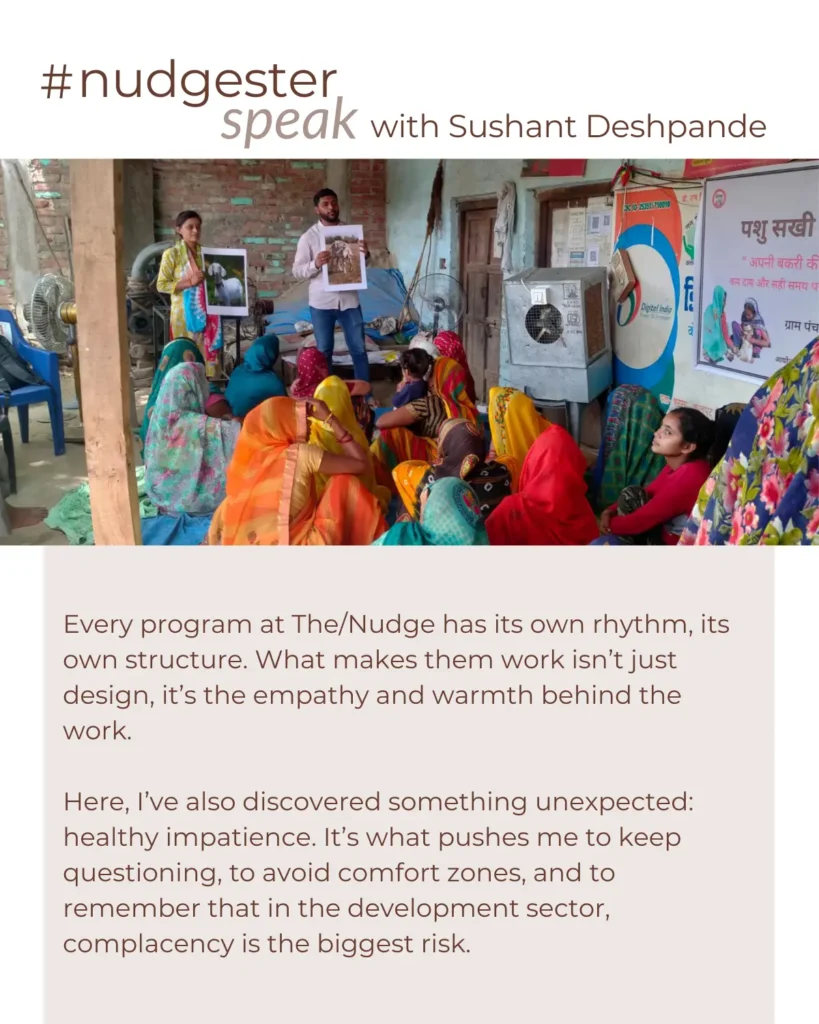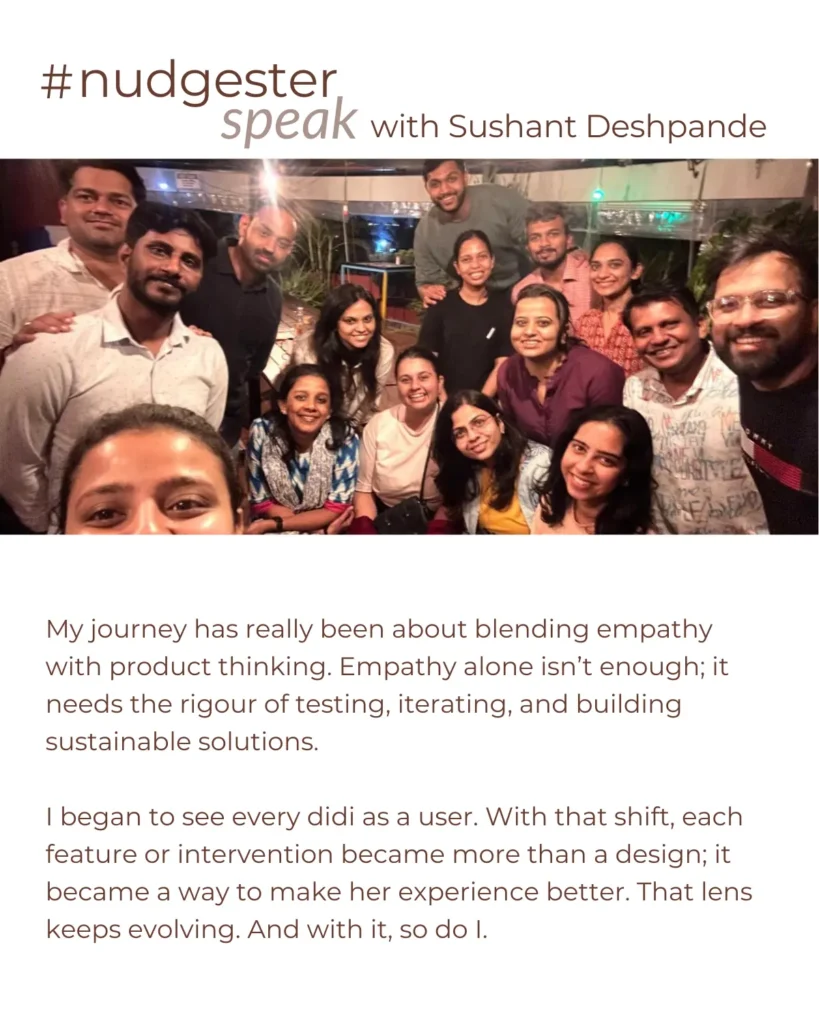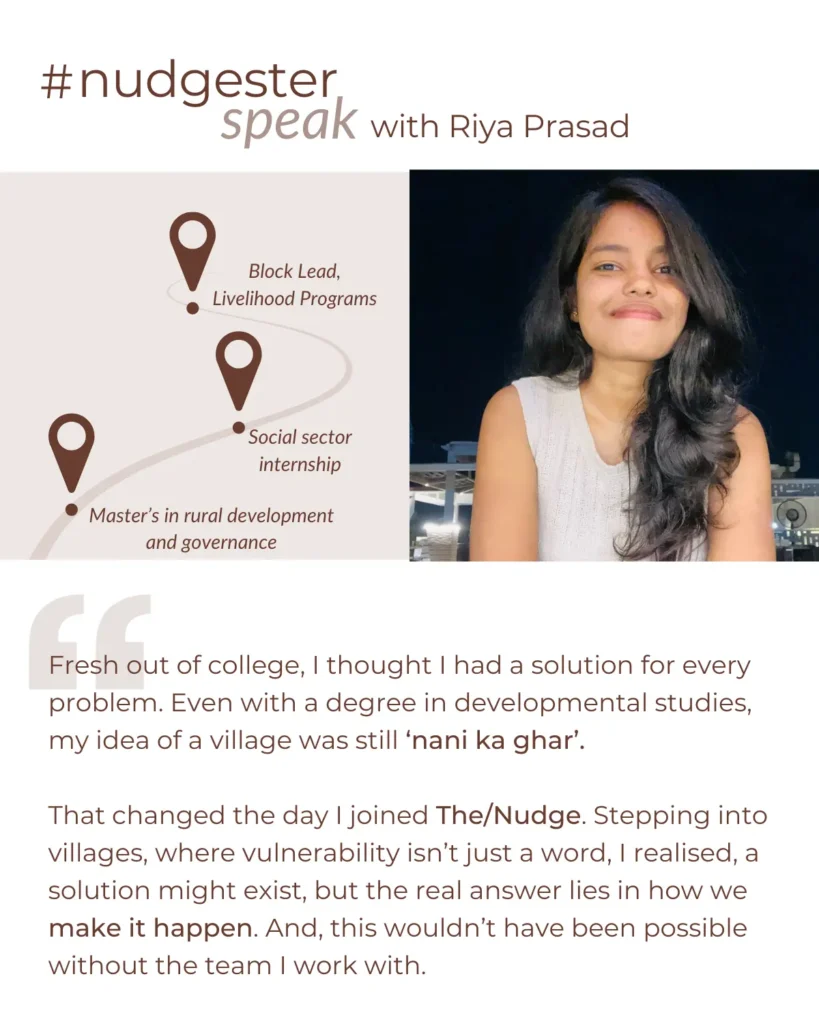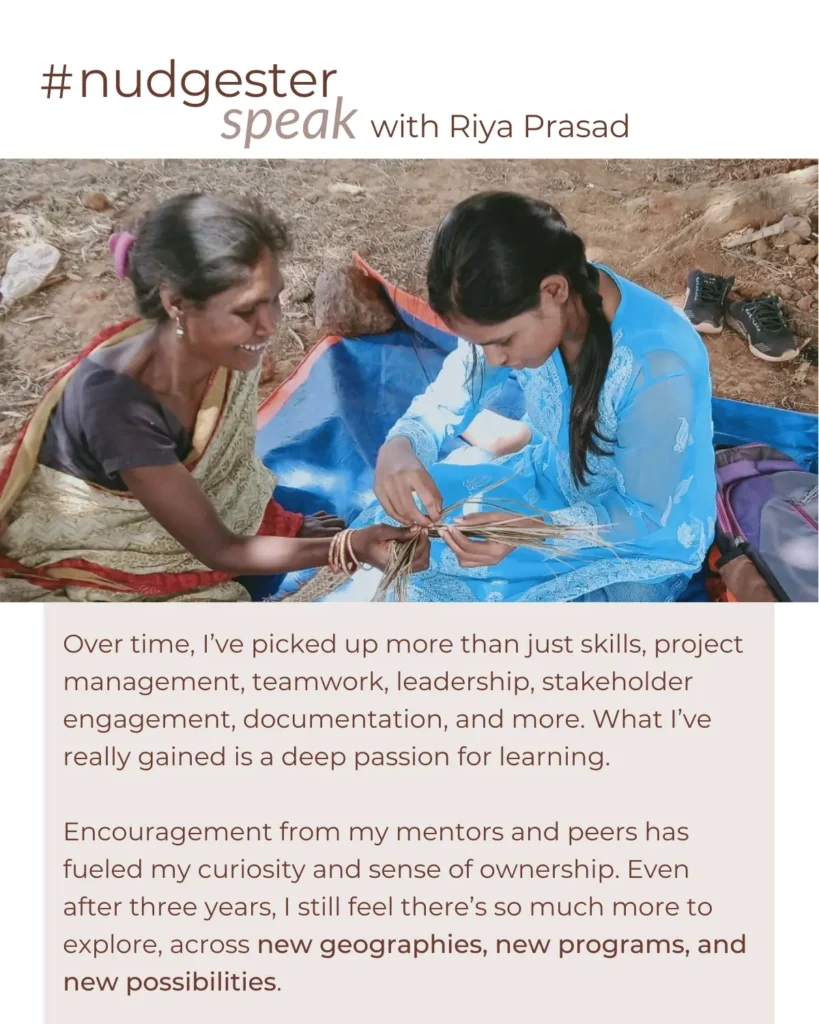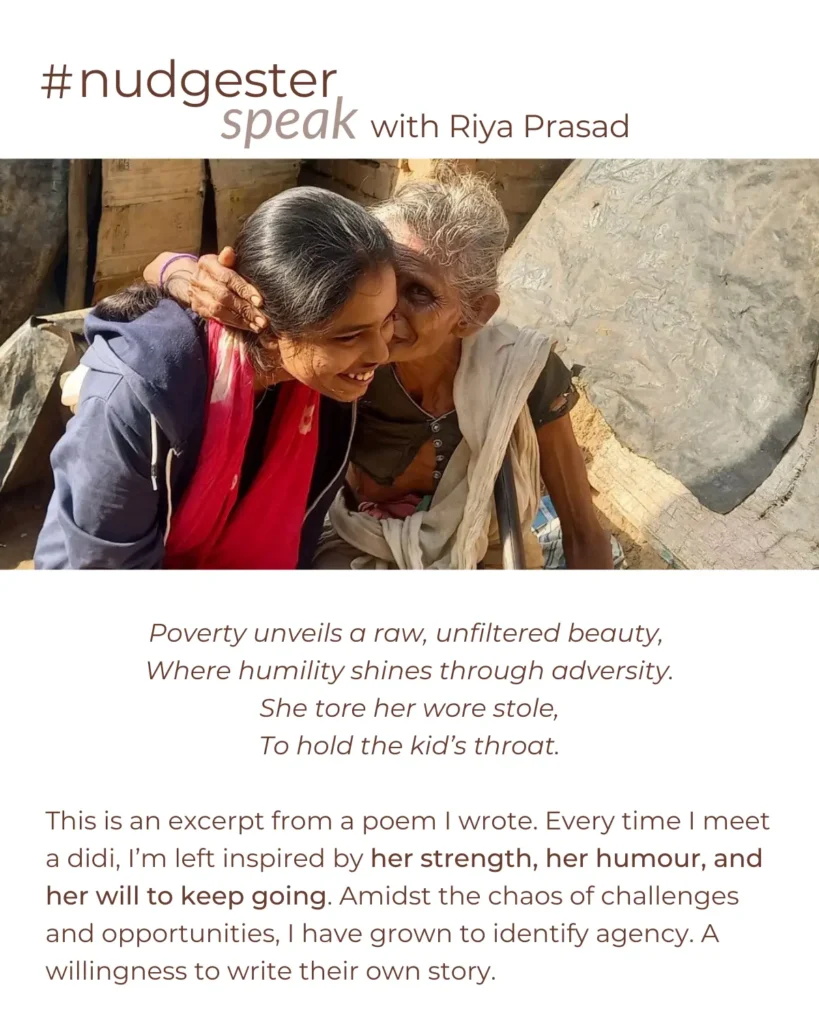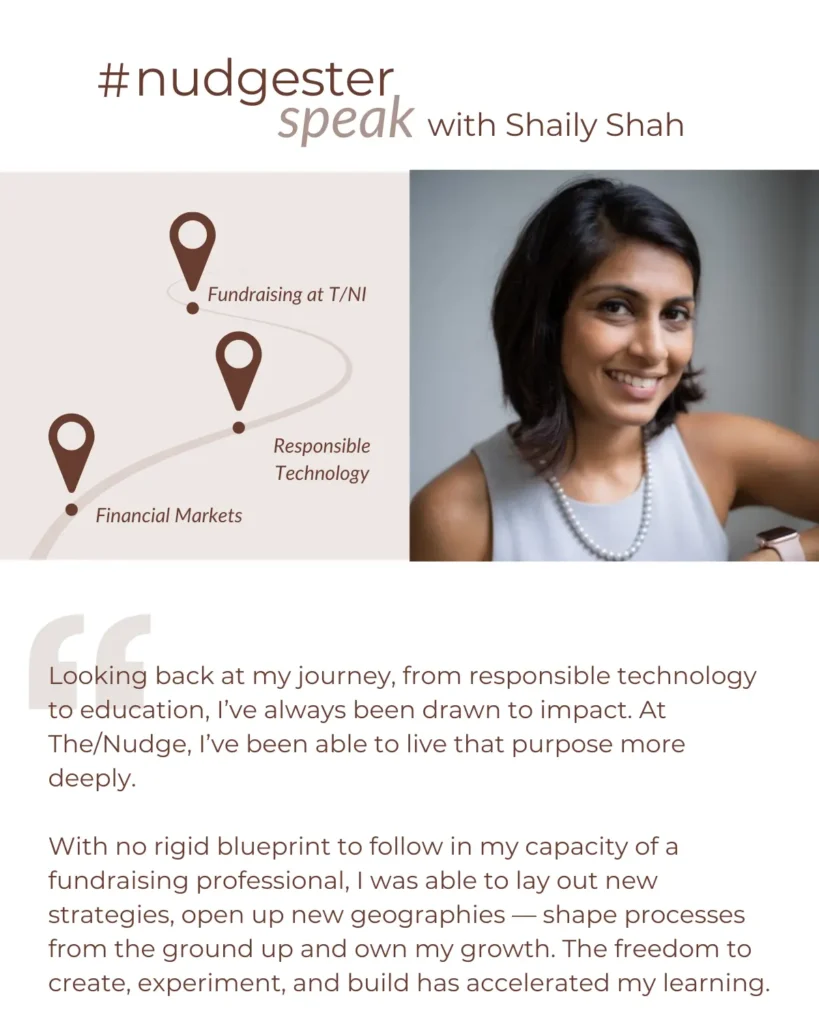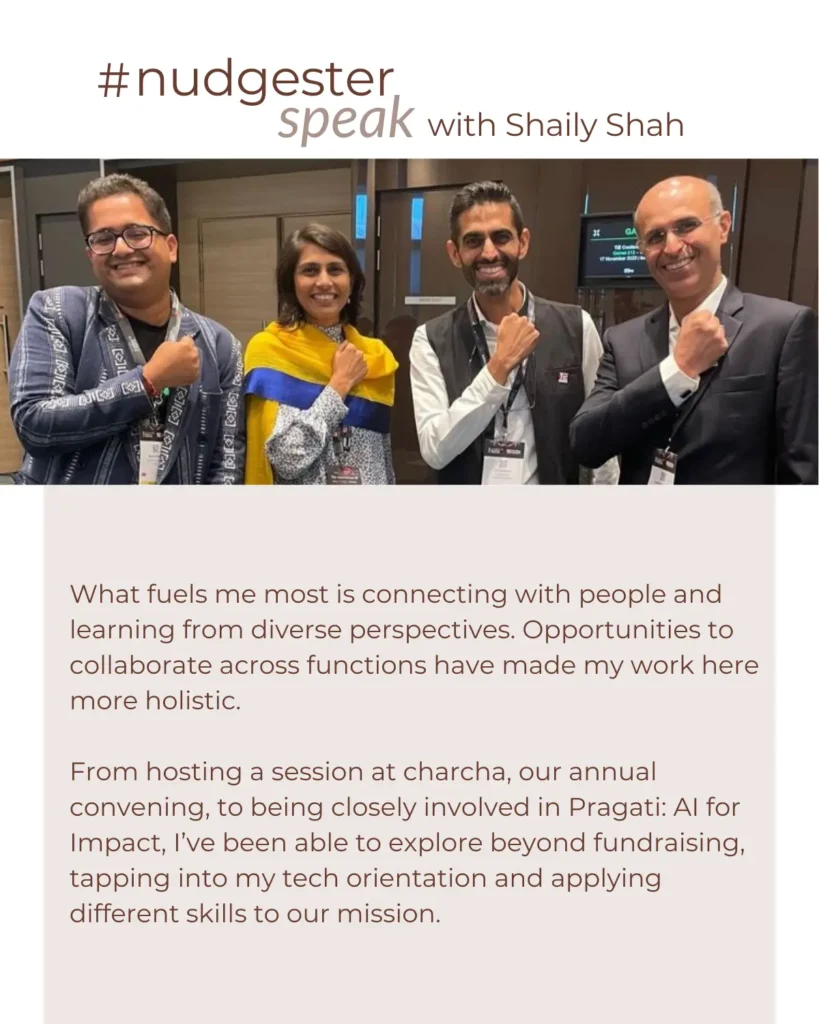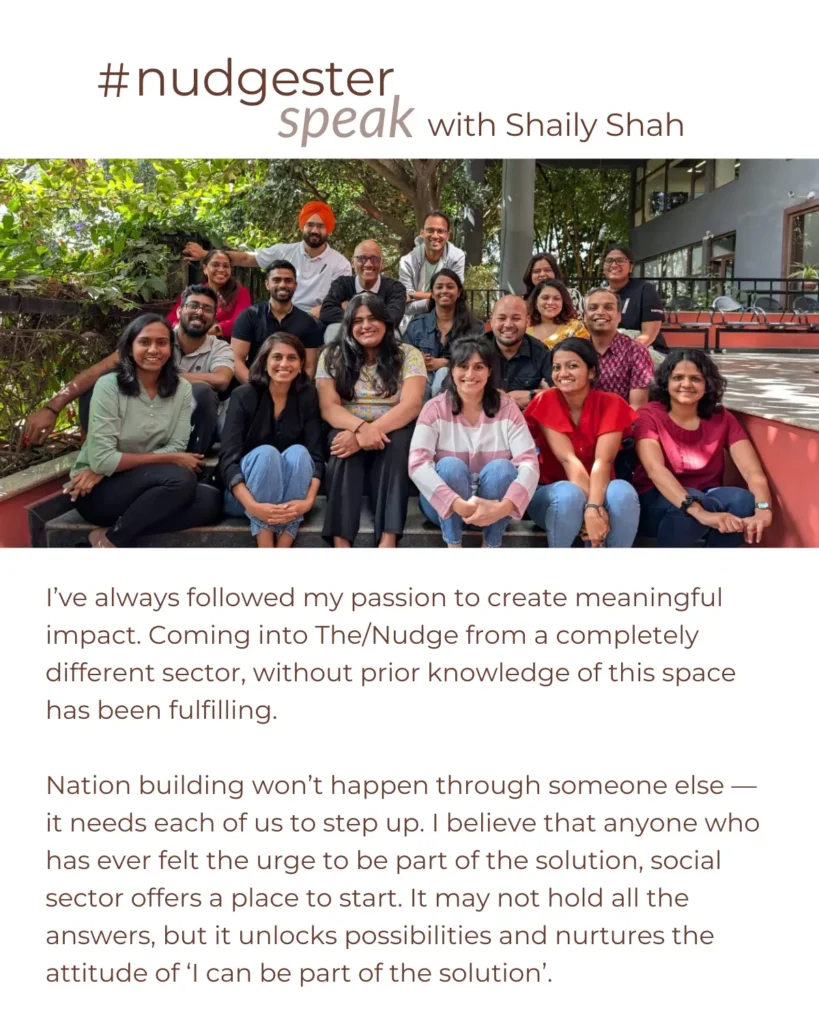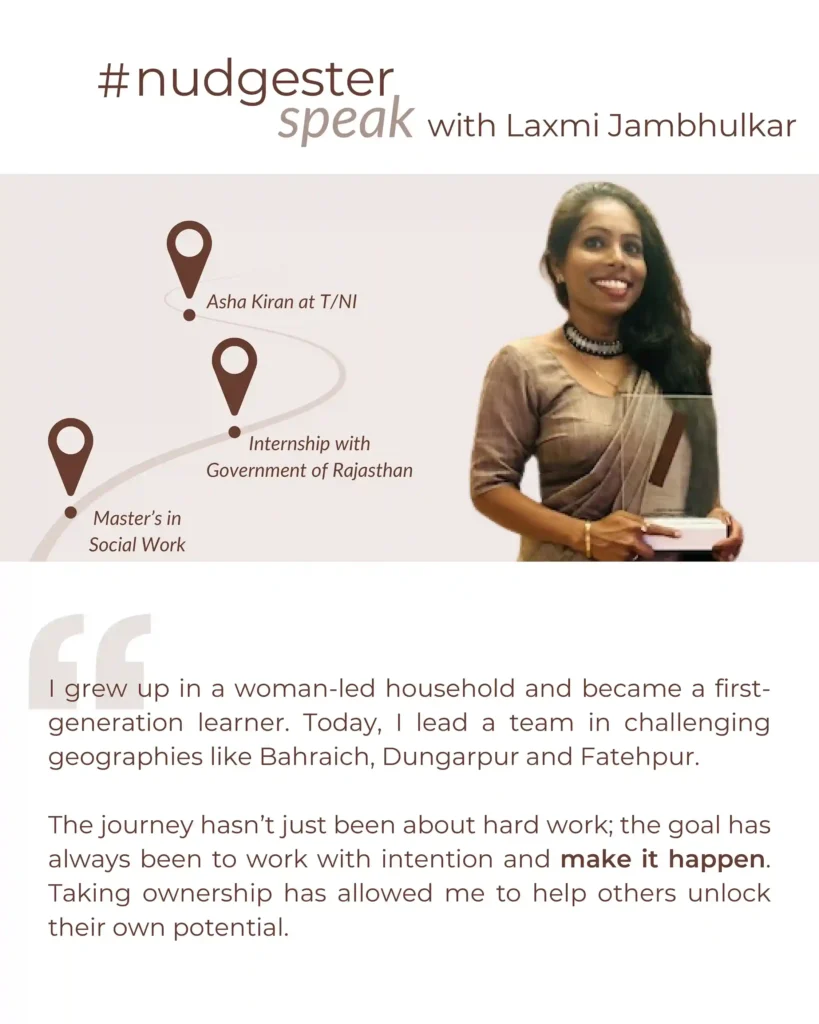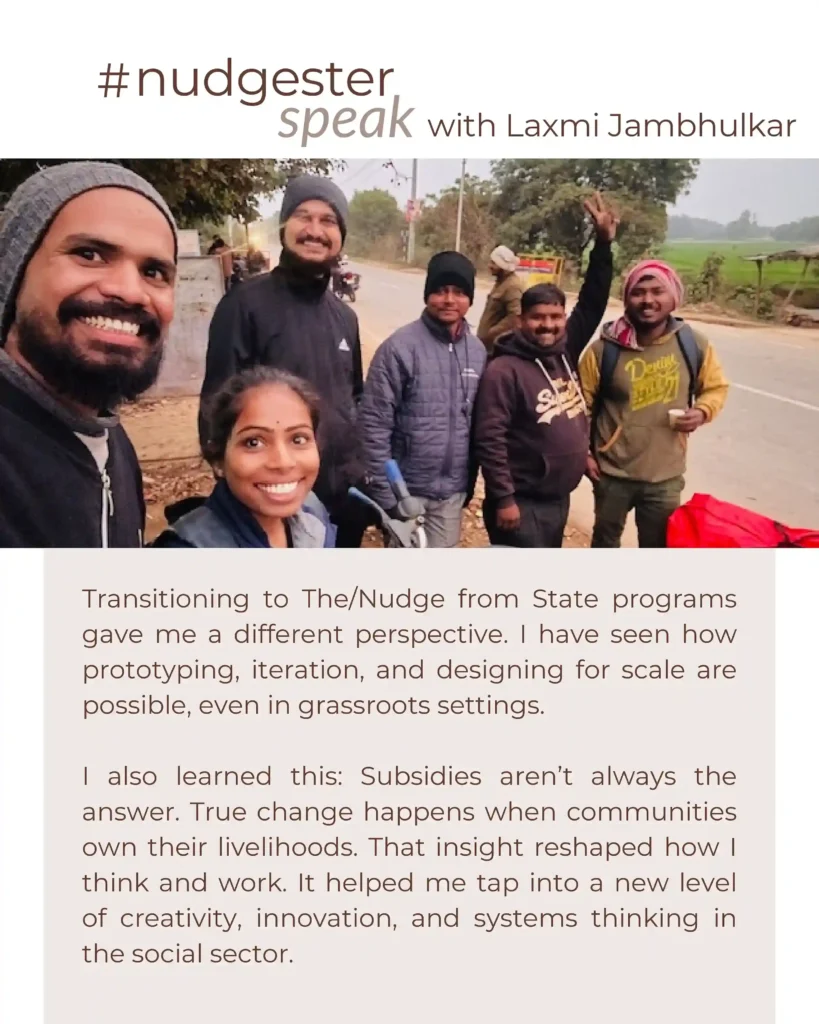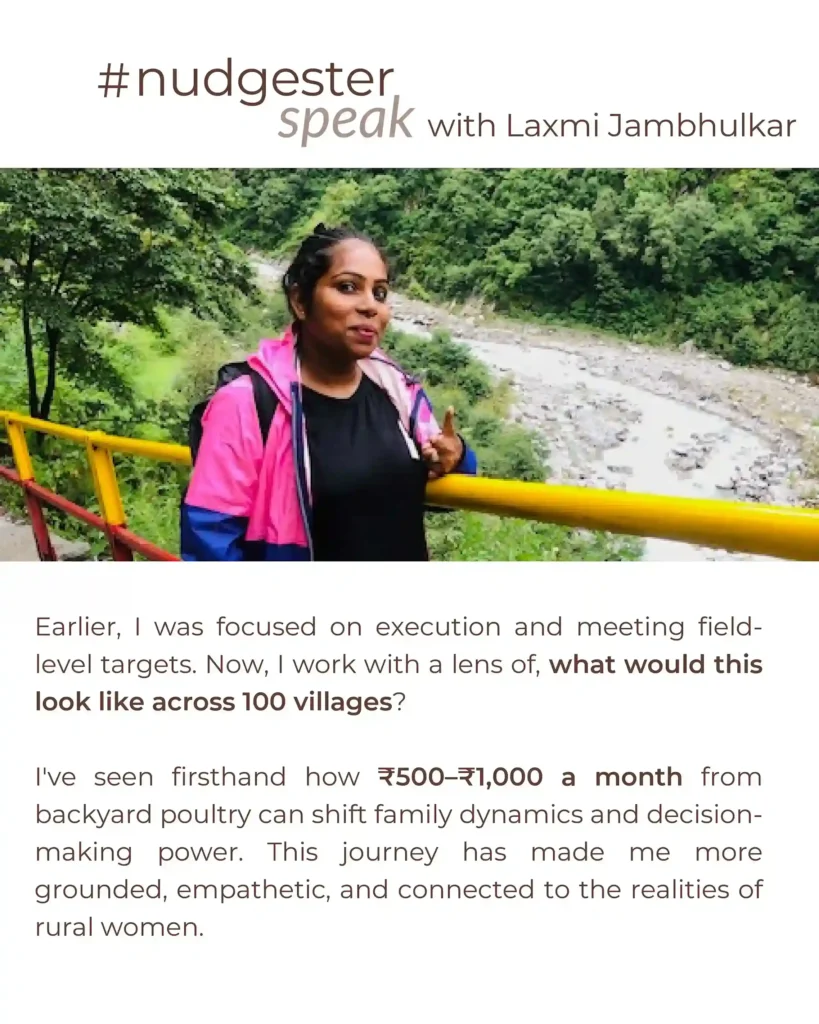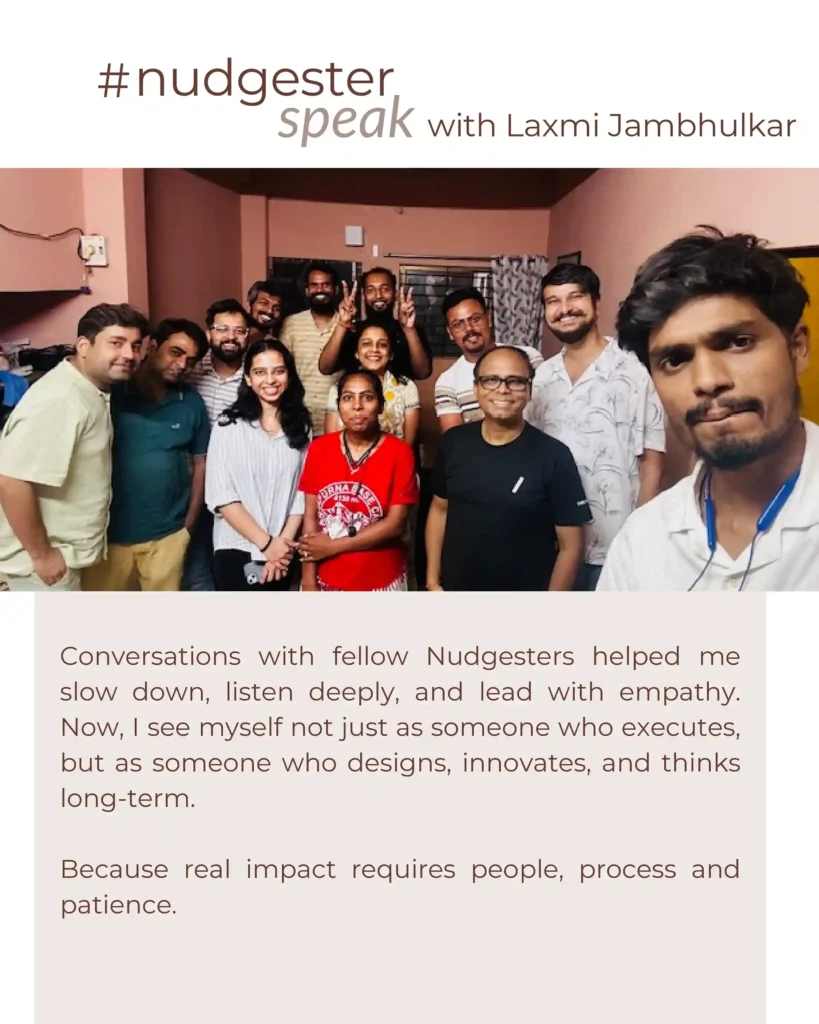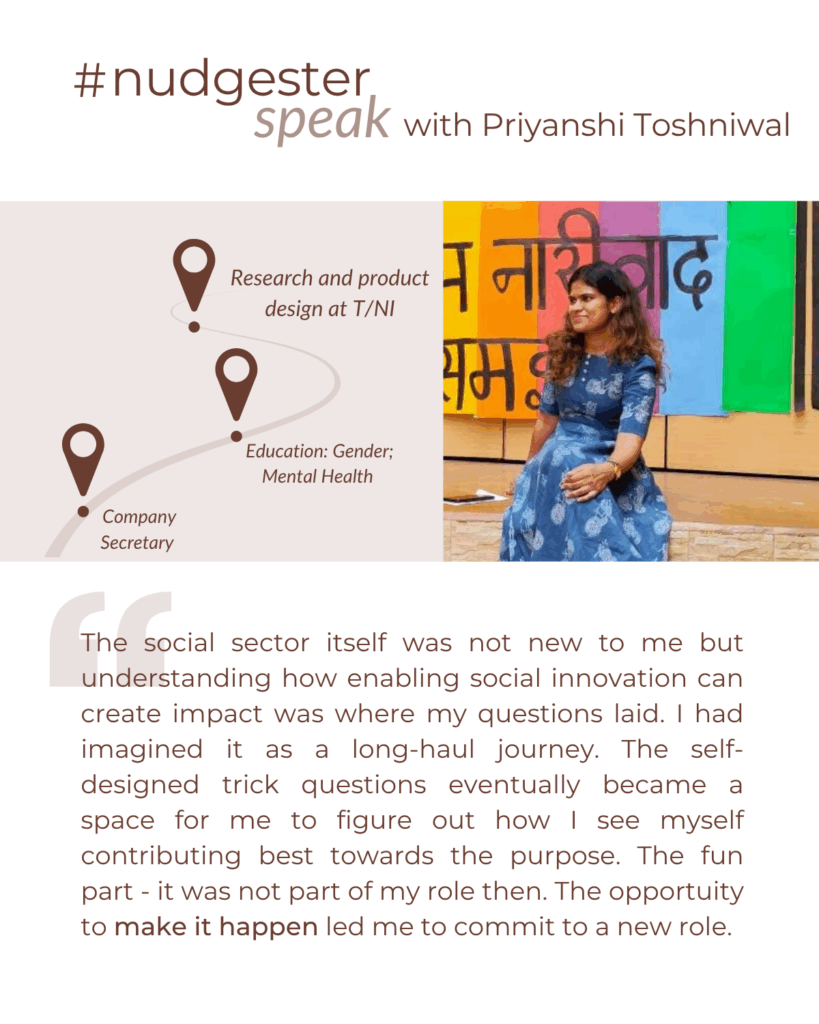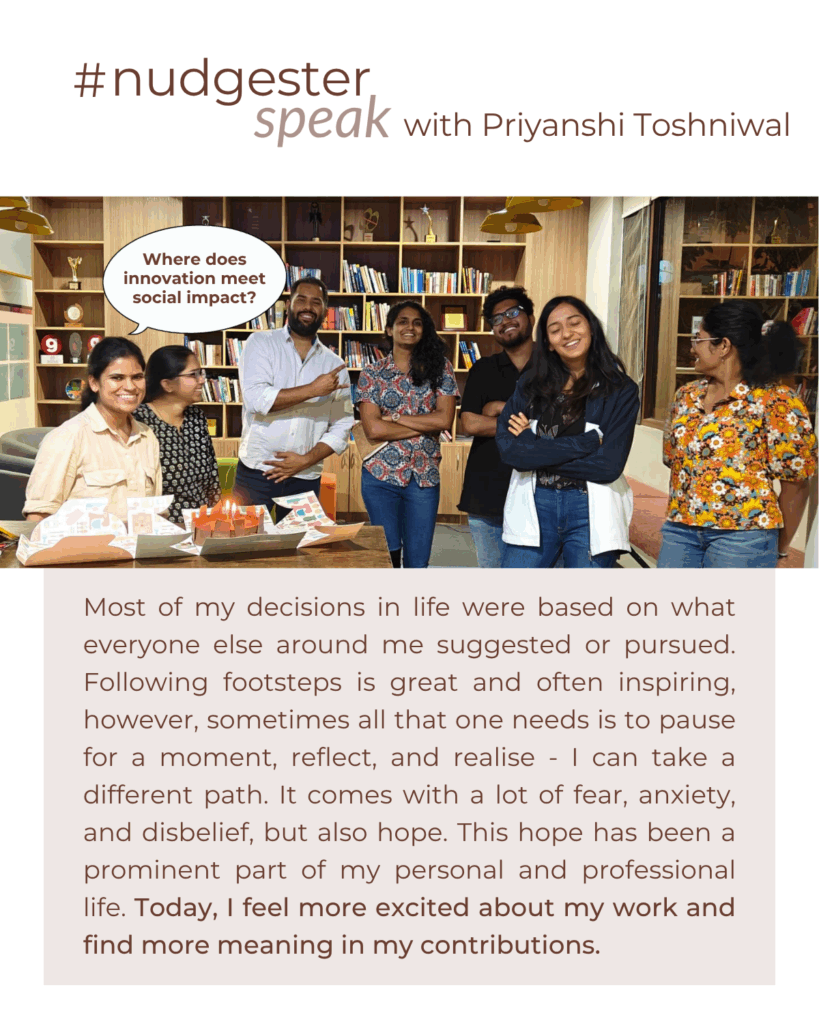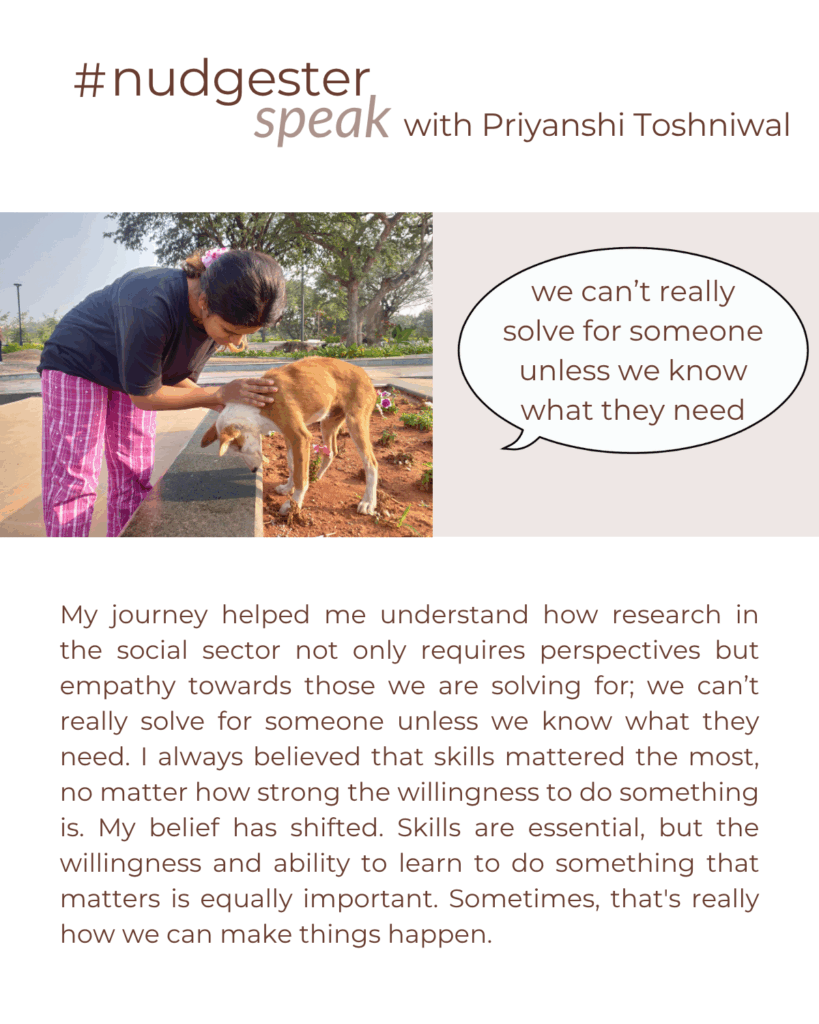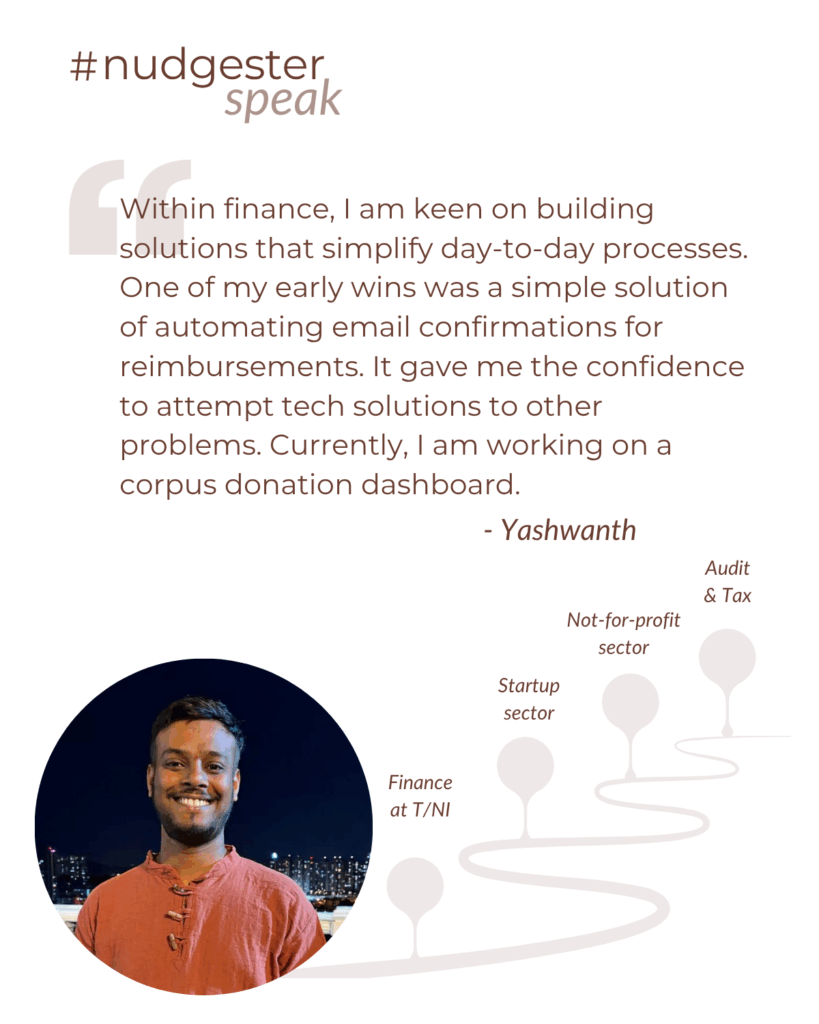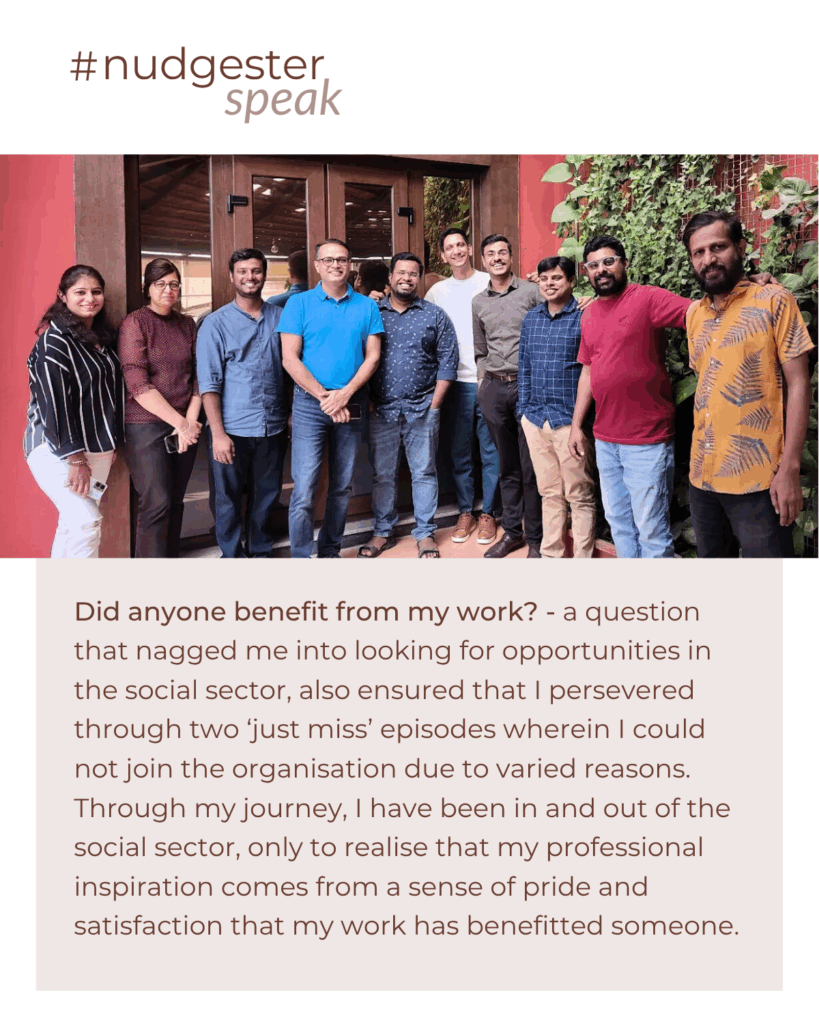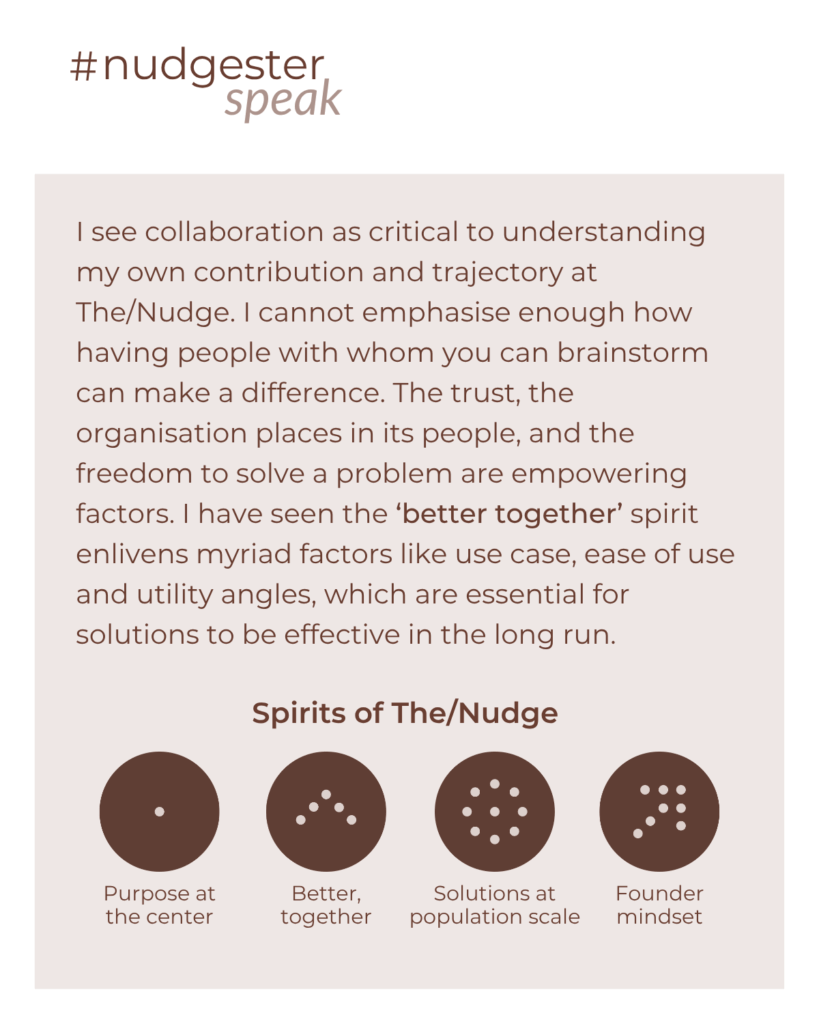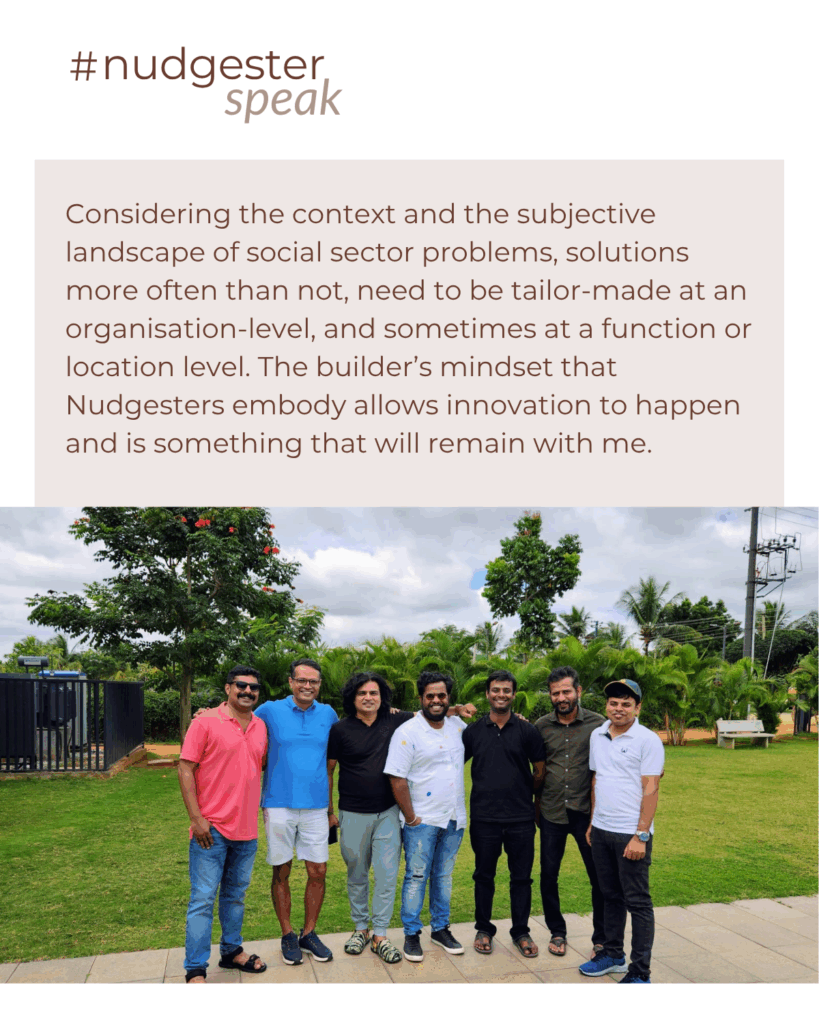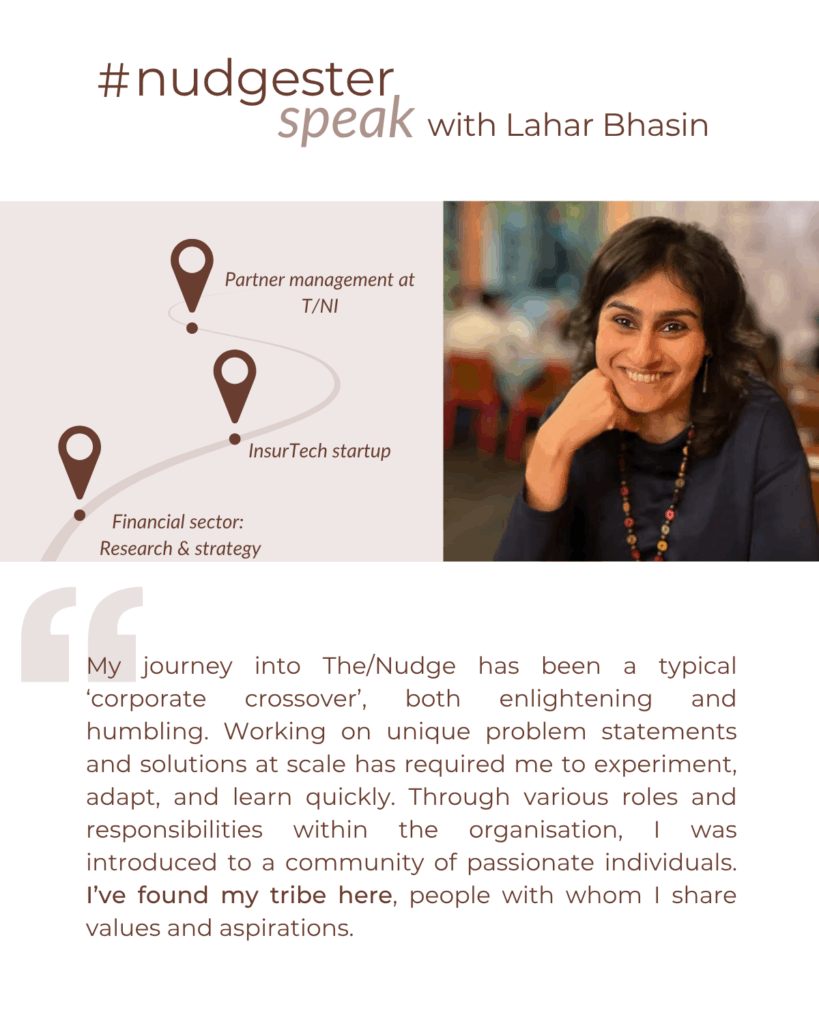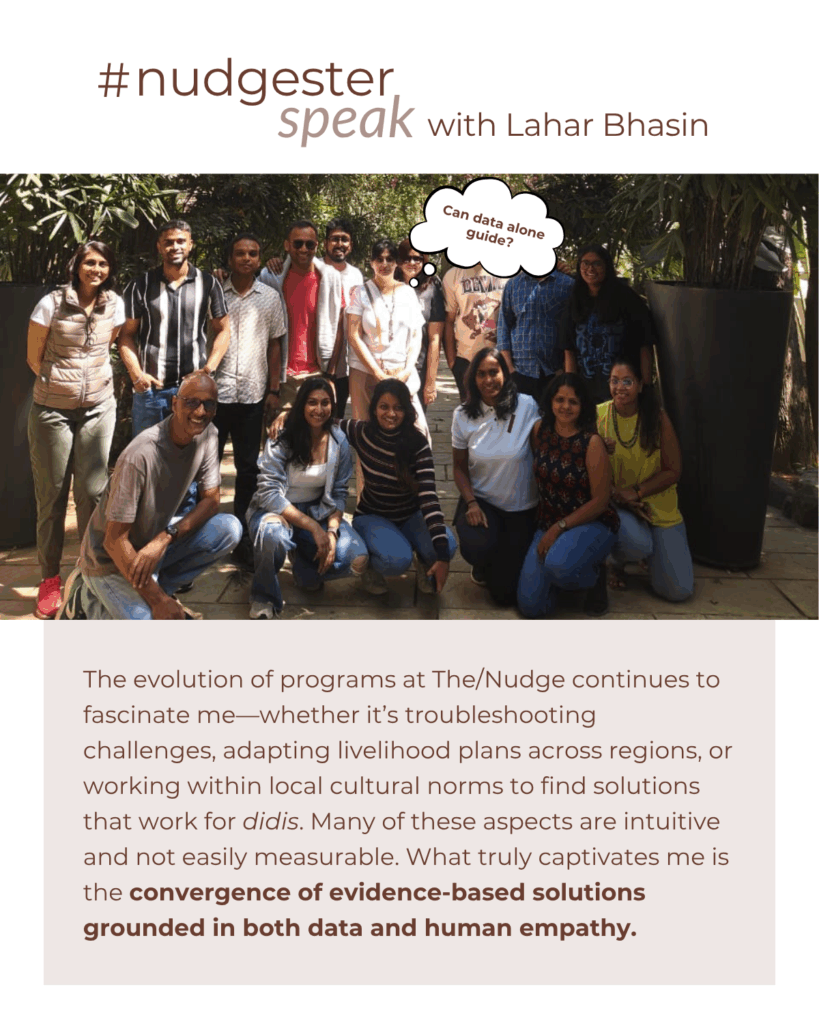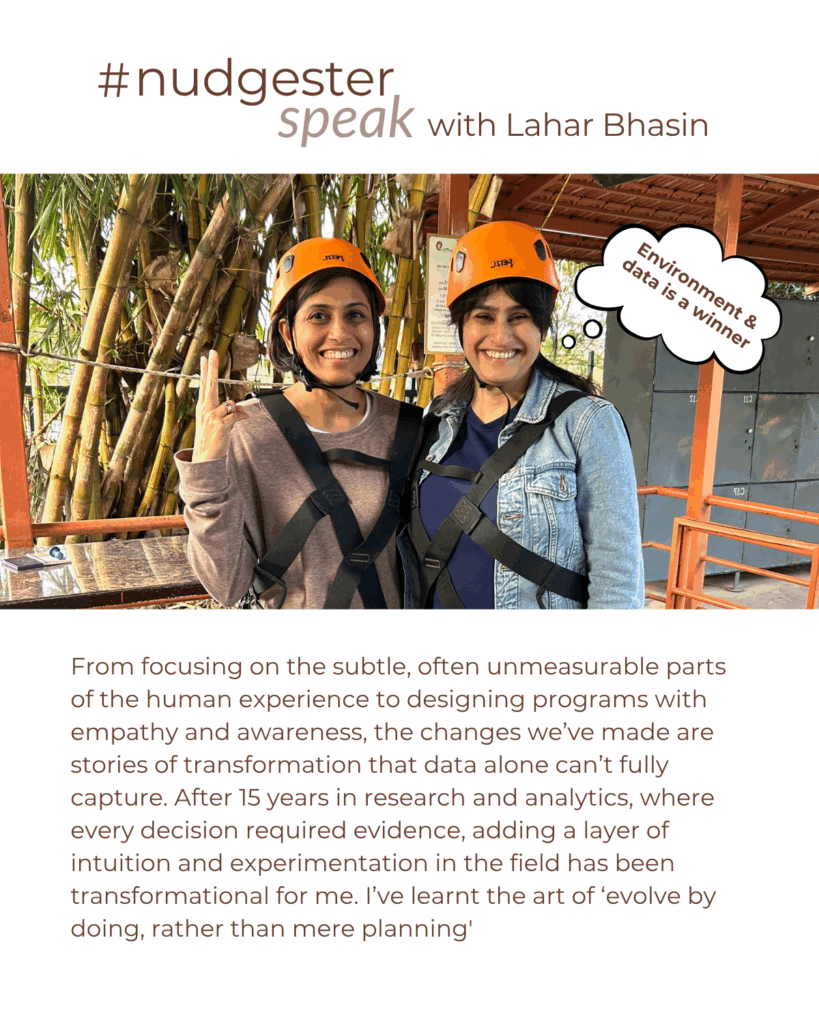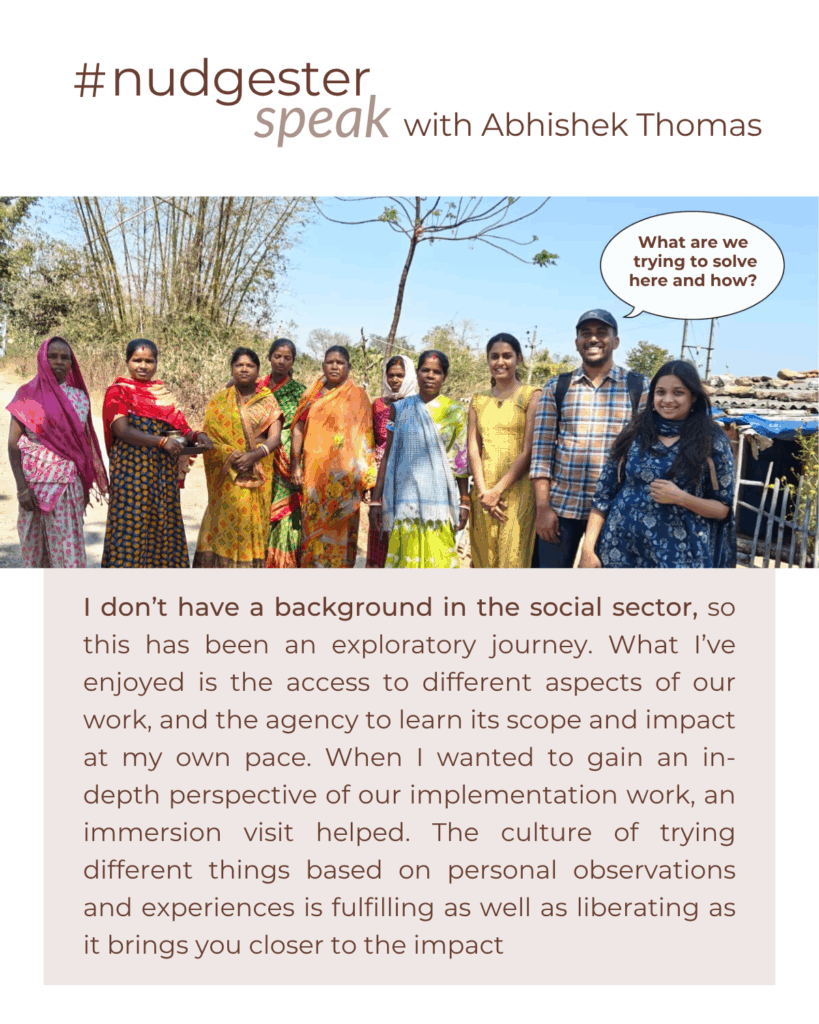“Within our dreams and aspirations, we find our opportunities.”
-Sugar Ray Leonard
Aspirations are often seen as abstract dreams, but for rural women, they can break the cycle of poverty and lead to lasting empowerment. Aspirations aren’t just wishes, they guide decisions and actions that shape lives.
We journey into the heart of India, the jungles of Jharkhand, the hills of Tripura, and Assam, as well as the arid expanses of Rajasthan to listen to women’s dreams. They speak of gaining economic independence, learning new skills, improving their children’s education, and escaping societal constraints. Yet, these aspirations often collide with reality. Deeply rooted cultural norms, rigid gender roles, and limited access to education, credit, and land create barriers that hold them back.
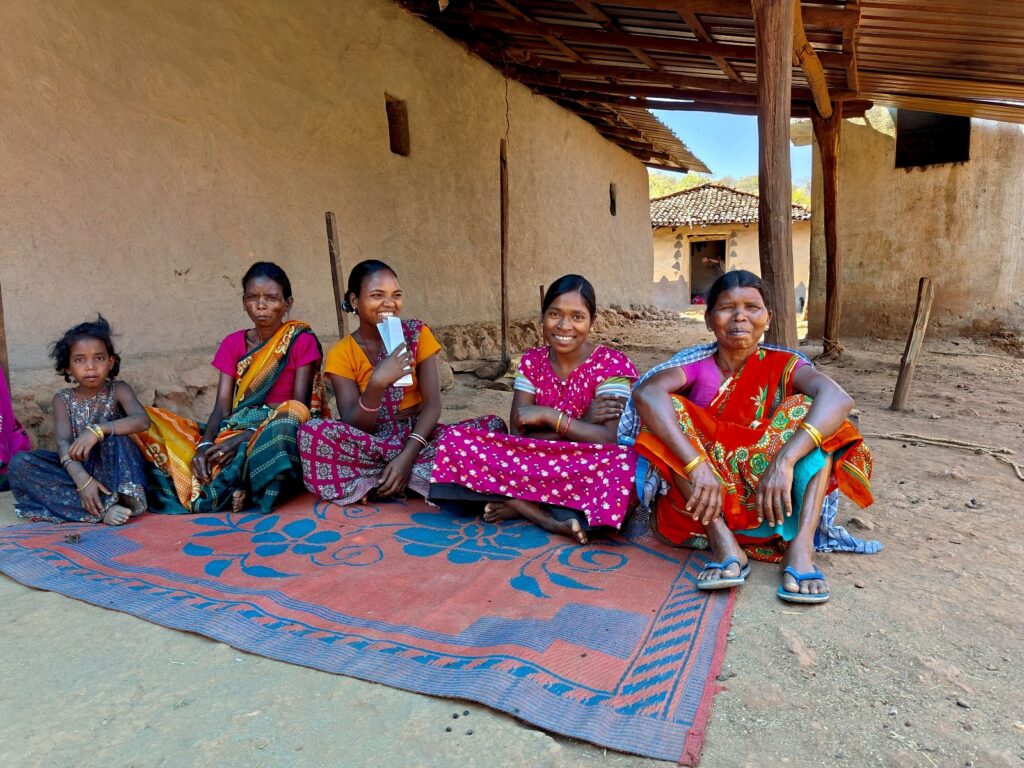
This blog draws from insights in our recent whitepaper, [“Breaking the Poverty Cycle: Can Aspirations Drive Economic Empowerment for Rural Women?“], where we explore the instrumentality as well as the transformative potential of aspirations using current literature and our experience on the ground.
Why aspirations matter
Studies consistently show that aspirations are a key driver of change. People who have high aspirations are generally more proactive in improving their circumstances. They are more likely to save, invest in education, adopt new technologies, or start small businesses; practices that lead to better economic outcomes.
Yet as our report highlights, many rural women abandon their aspirations, not because their dreams lack merit or ambition, but because they are trapped in a cycle of learned helplessness.
The barriers they face
Households living in poverty face many barriers in achieving their true potential. For women living in ultra-poverty, this is exacerbated multifold by:
- Lack of exposure and role models
- Absence of ownership of financial resources, land and other productive assets
- Rare opportunities for skill building
- Societal expectations to stay in caregiving and domestic roles
- Patriarchal mindsets that range from discouragement to violence
All of the above not only affects their self-confidence and esteem, they often give up on the very basic ‘human need’ to aspire to something better for themselves.
What does it take to build aspirations?
Building aspirations isn’t just about fostering big dreams, it’s about making those dreams achievable. This requires providing women with access to the necessary tools, resources, and support to realise their goals. It’s about creating an environment where rural women feel empowered to dream and act beyond the limitations of their circumstances. When aspirations align with practical opportunities, they can drive long-term economic growth, enhance resilience, and break the cycle of poverty. Ultimately, programmes that integrate aspiration-building into their approach can offer rural women a holistic path to empowerment.
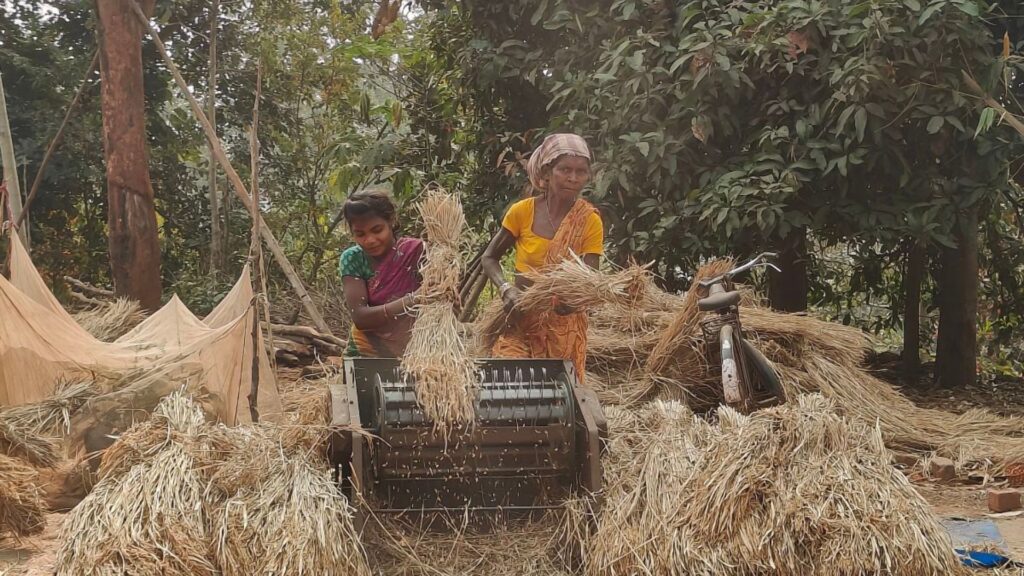
Empowering women through Economic Inclusion Programme: Turning (Some) dreams into reality
The/Nudge Institute’s Economic Inclusion Programme is working towards enabling aspirations by vision building, providing training, financial support, and mentorship to rural women. By equipping women with the skills and resources needed to pursue their goals, these programmes help break down barriers and unlock potential.
Using data to enable actions
As Economic Inclusion Programmes evolve, it is crucial to understand what is effective and what is not from the lens of aspirations. This understanding is a key component of a current study evaluating the programme through a gender lens, as well as assessing the sustainability of outcomes for women who graduated two years ago from the programme.
Our ‘aspiration’ is that insights from these studies will inform more effective interventions, address systemic barriers, and equip women with the skills and support they need to achieve their goals and transform their lives.
For those interested in exploring this topic further, we invite you to read our detailed whitepaper on <“Breaking the Poverty Cycle: Can Aspirations Drive Economic Empowerment for Rural Women?“>. Additionally, feel free to reach out to Deepika Kumari at deepa.kumari@thenudge.org if you have questions or want to learn more about how you can get involved.


